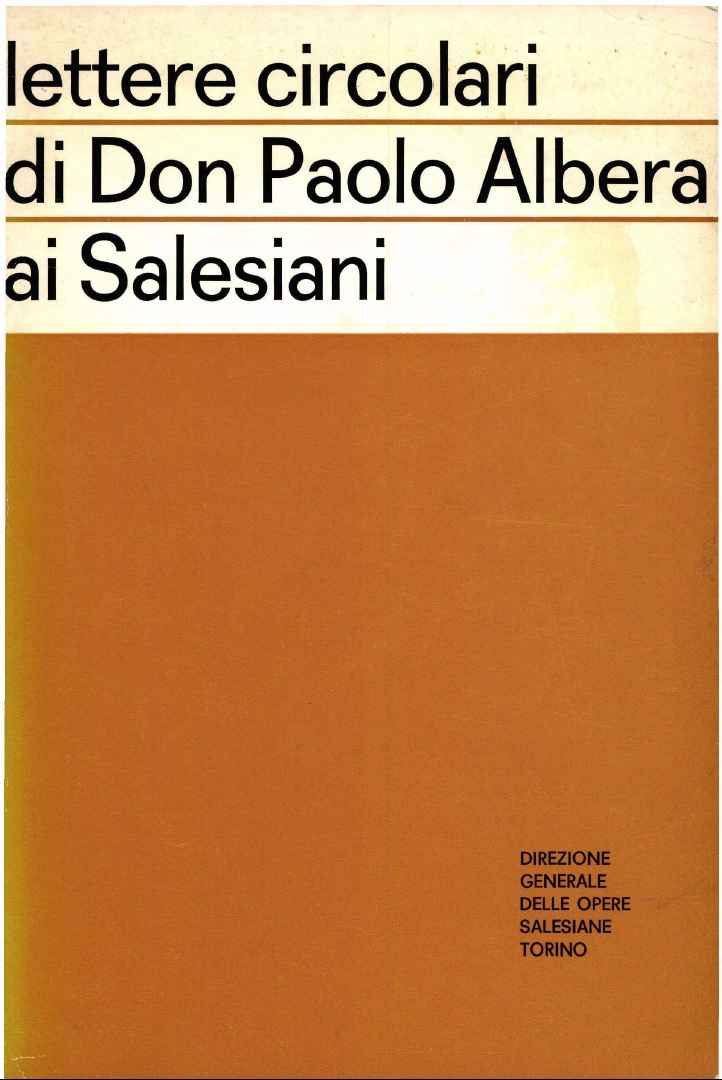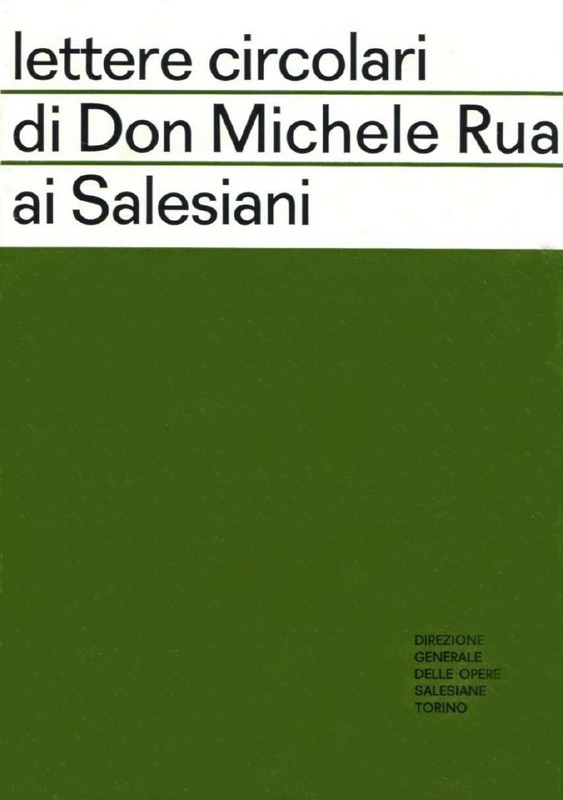Oltre i tre grandi Noviziati dell’alta Italia, se ne dovette fondare un altro in Sicilia. Vi sono Noviziati in Francia, in Ispagna, in Inghilterra e nelle varie Ispettorie dell’America, e quasi tutte queste Case sono ripiene di giovani ascritti animati da buona volontà e da ardente desiderio di diventare veri figli di Don Bosco. Assai edificante è il modo con cui alcuni superarono le gravi difficoltà che attraversavano il loro santo disegno. La madre di un ascritto, dopo aver esaurito inutilmente ogni mezzo per fare smettere a suo figlio l’idea di rendersi Salesiano, lo riconduceva ella medesima al Direttore e lagrimando gli diceva: “Sono desolata di vedere mio figlio fisso nell’idea di abbandonarmi, pure dovetti convincermi mentre lo riteneva presso di me che qui solamente egli si trova bene; opponendomi più oltre lo renderei infelice. Continue reading “Michele Rua – Vocazioni – Militari – Oratorii fastivi.”







